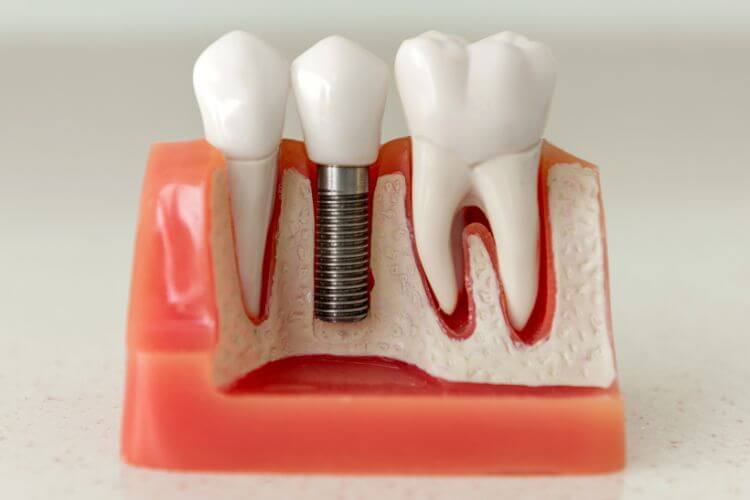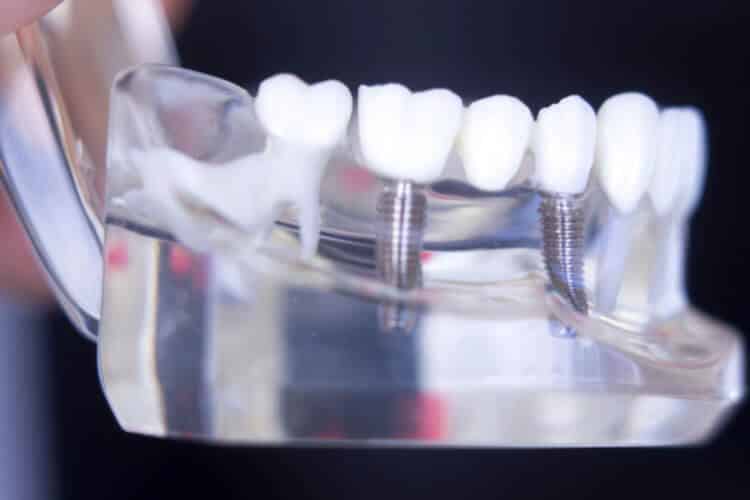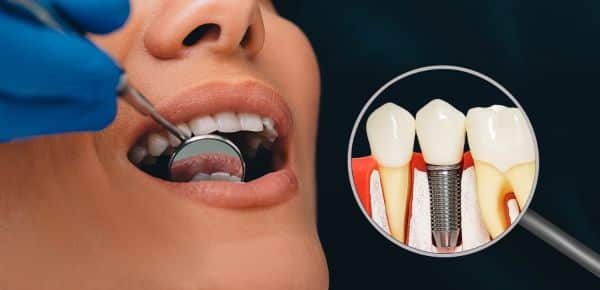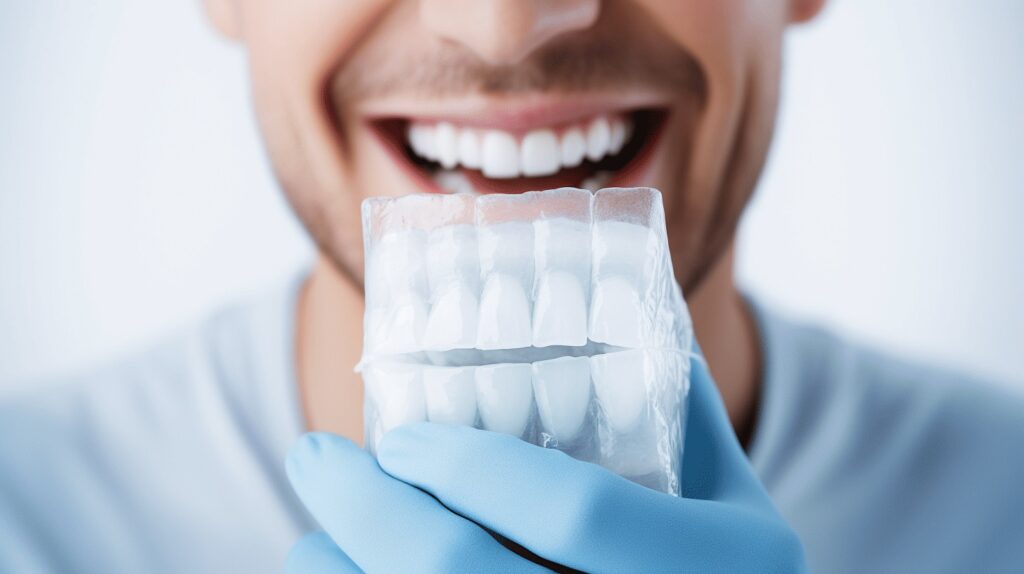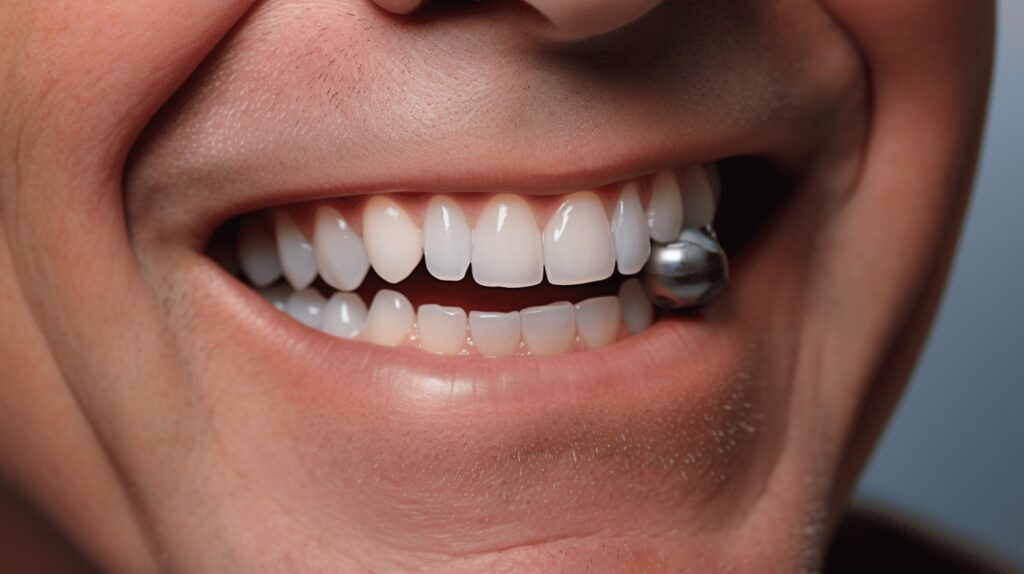If I have just one missing tooth, do I really need to get a dental implant or can I wait until I have a number that need to be replaced in order to be able to talk and chew well?
Anyone who has lost at least one tooth, which is 69% of Americans aged 35-44, needs to have a dental implant. Missing teeth should not be ignored because the mouth responds to each loss by having the neighboring teeth lean in to fill the gap. That starts a chain reaction that results in other teeth becoming loose as your bite misaligns and they will start falling out or need to be extracted. You don\’t want to become one of the 26% of those over 74 who have no teeth left. Then your choices are to have a full denture, which can be uncomfortable and unsatisfactory in its function and appearance, or a full set of implants, which would be a tremendous process to go through. The good news is that if you do have an implant, it will prevent this process, since an implant is anchored into the jaw, like the root of a tooth, so the other teeth do not misalign.
If I am already missing quite a number of teeth and wearing a partial denture, is there something I can do to stop losing more?
If you still have sufficient bone density, a better alternative would be what is called the All-on-4 dental implant system. If you have several teeth missing in one half of either your upper or lower arch, any remaining teeth could be extracted and just four implant screws would be anchored into your jaw in that area to hold a platform with eight artificial teeth that would be created as exact matches to the ones you still have. These implants would stop any further loss of jawbone, which occurs with any kind of denture and why they have to be readjusted to fit about every five years. All-on-4 can even be a cost-effective solution for those who have lost all their teeth, instead of having each tooth replaced by an individual implant (we also offer financing for whatever you decide to do).
Who can qualify for dental implants?
To make it likely that you will be part of the 95% who, with continued good oral health practices, will be successful you need to have a full dental exam, including a digital x-ray (which utilizes very little radiation). If it is determined that you have sufficient jawbone for the implants to be anchored, the dentist will also check for periodontal disease, cavities, or other oral health problems that would need to be treated first. Heavy smokers, those who have diabetes, advanced osteoporosis, untreated cardiovascular disease, autoimmune disorders, or those who have undergone radiation treatments to the head in the prior five years would be higher risk. If you do qualify, we can discuss your options and our financing plans.


